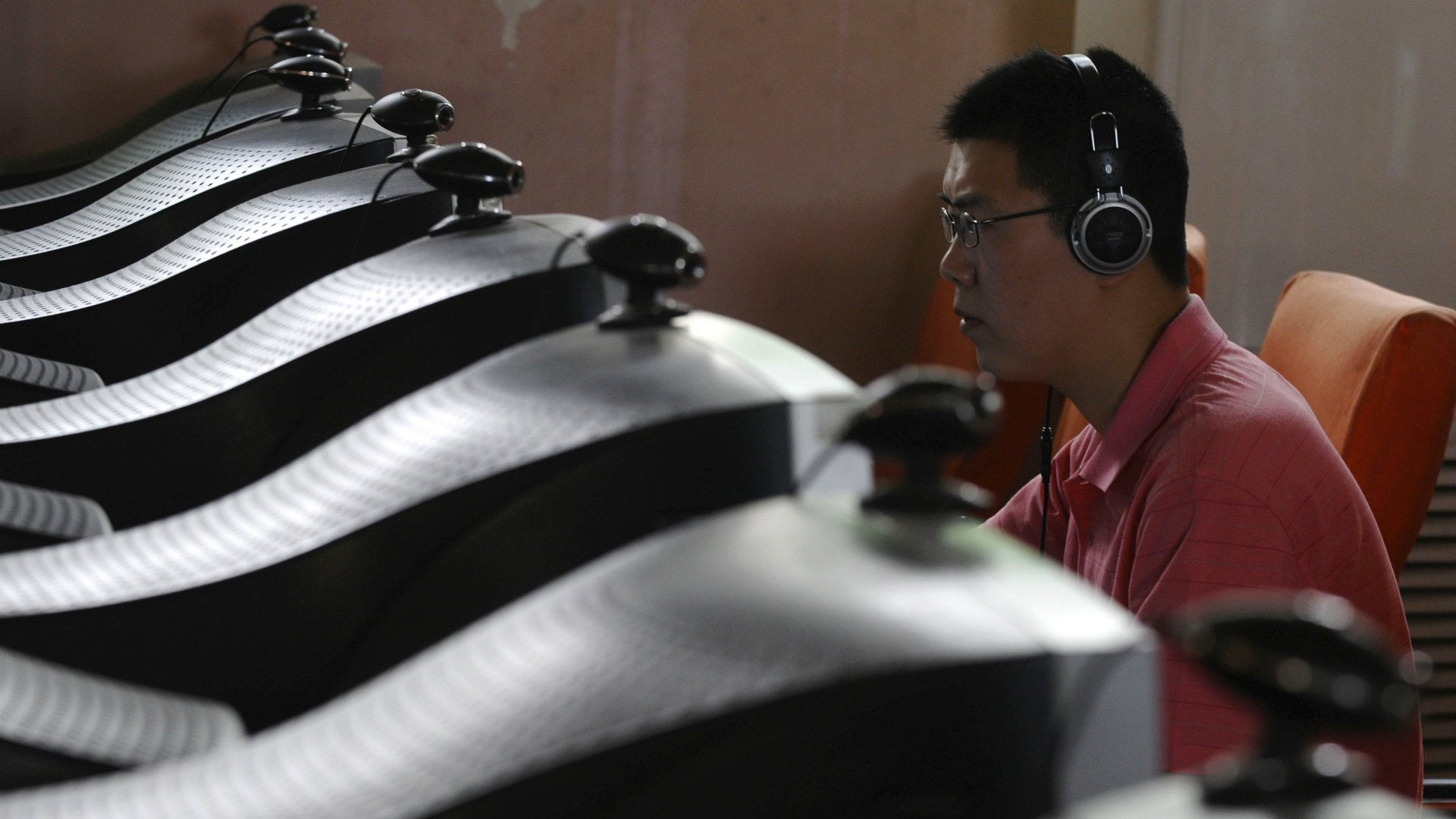Beijing calls fears over internet crackdown “paranoia,” briefly detains corruption-fighting blogger
In China, “people enjoy full freedom on the Internet,” an official from the Ministry of Information told Indian reporters during a visit to Mumbai this week, according to DNA, a news outlet in India. “The perception that the government has placed any restrictions on the Internet is untrue,” he said, adding that China’s media had the same freedom as any others, except they must “avoid fabrication of stories” and “be socially responsible by not aggravating any issue.”


In China, “people enjoy full freedom on the Internet,” an official from the Ministry of Information told Indian reporters during a visit to Mumbai this week, according to DNA, a news outlet in India. “The perception that the government has placed any restrictions on the Internet is untrue,” he said, adding that China’s media had the same freedom as any others, except they must “avoid fabrication of stories” and “be socially responsible by not aggravating any issue.”
The reassurances comes as Beijing has embarked on a widespread crackdown on information on the internet, including the detention of several high-profile online commentators, known as Big Vs, and the threat of jail time for authors of posts that are untrue if they’re widely viewed or shared.
The official’s words mirrored a finger-wagging editorial in the Global Times, a state-run newspaper, which appeared today. It notes that it “is true that government authorities are intensifying administration over the Internet,” but called it a “necessary and justified effort.” And, it said, everyone is getting it wrong:
The connection between this crackdown campaign and the detentions and controls over these web celebrities is not what really matters. People’s attention should be focused on whether they have violated the law.
China’s legal construction has made breakthroughs in these years. It is unthinkable that the authorities to [sic] fabricate a large number of injustices for some political purposes in the eyes of enlightened Chinese people. Such ideas are paranoia.
The editorial appeared hours after the detention of a popular blogger Wu Dong, also known Huazong or Boss Hua, who was being interrogated by Beijing police, a state-run paper said. Huazong “became famous last year after he started identifying the luxury watches worn by officials in photographs posted online,” The Wall Street Journal noted. This identification helped bring down an official known as “Brother Watch” for his large collection. Huazong was careful about his targets, he said in this 2011 interview (in Chinese), not aiming at the most powerful people, and taking down posts when the government asked.
Perhaps that’s one reason why Hua, who was detained Tuesday night, was freed on Wednesday afternoon, which he announced to his 250,000 followers on Sina Weibo with a short message “I’m freed, thanks.”
The internet crackdown been criticized by activists and academics inside and outside China as well as some of the country’s own courts. Earlier this month, the official website of the Guangdong People’s Supreme Court quoted from “an ancient Chinese story from 542 B.C.” that appeared to be mocking the crackdown, Beijing Cream wrote. In the story a powerful politician refuses to stop town hall meetings where he is being criticized, saying “Criticism is like a river. To block a river won’t work.”
The title of the story, “Zichan Won’t Abolish Town Hall,” was quickly banned on Weibo, Beijing Cream noted.
Ivy Chen contributed reporting.